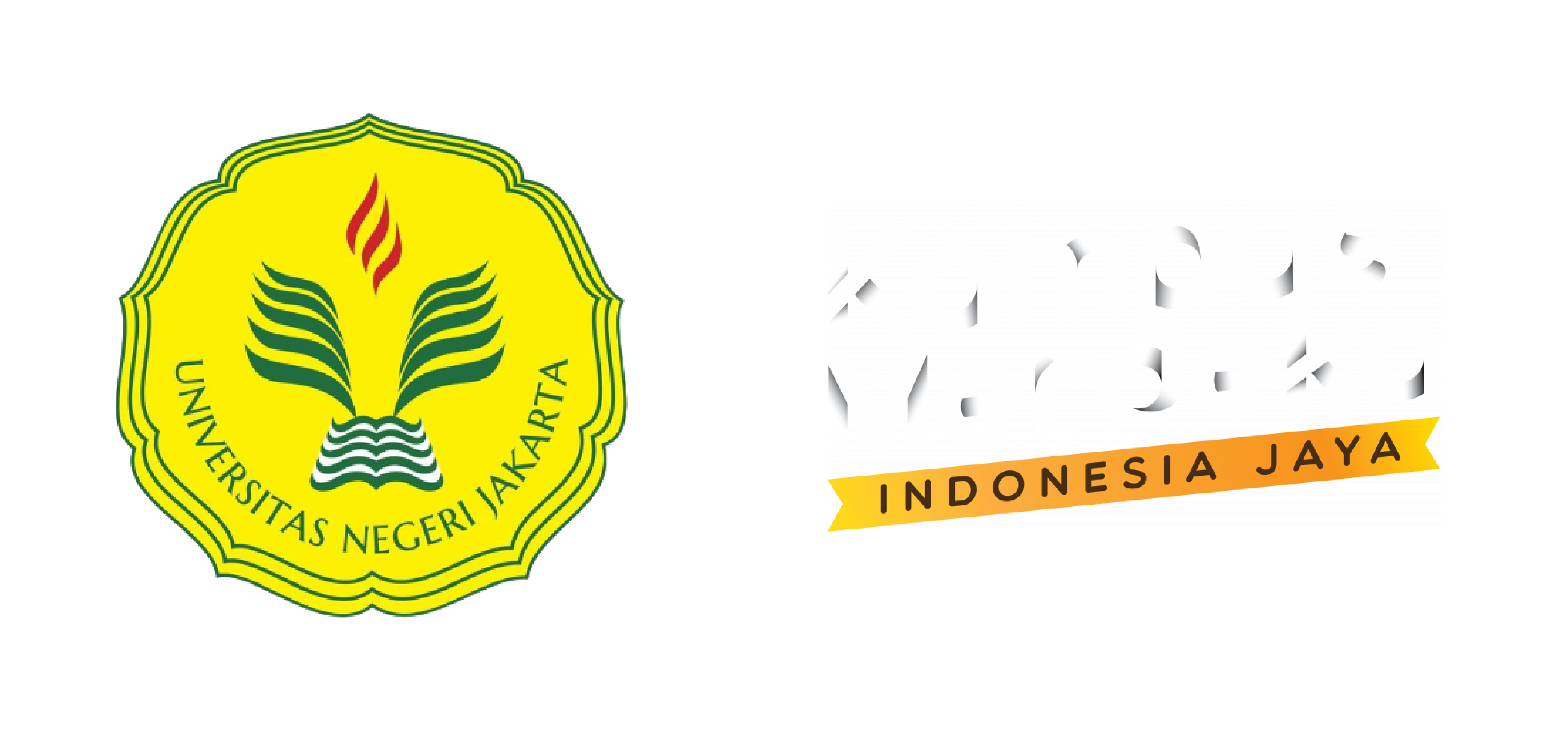Facilities
There are various facilities at the university level to support learning activities,
namely classrooms in the Dewi Sartika Building. The rooms in this building are typically used for general university-level lecture courses. In addition, there is also a campus library, a field, and parking facilities that can be used by both students and lecturers.
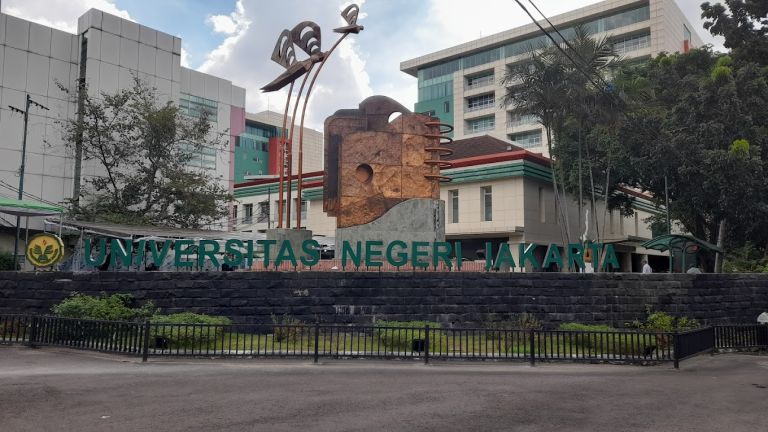
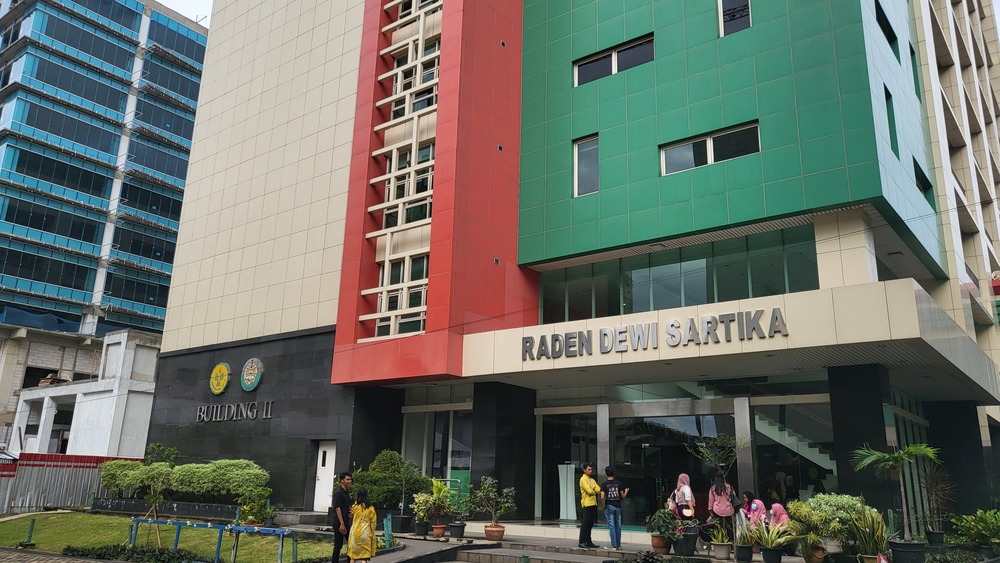
Faculty and Program Study Facilities
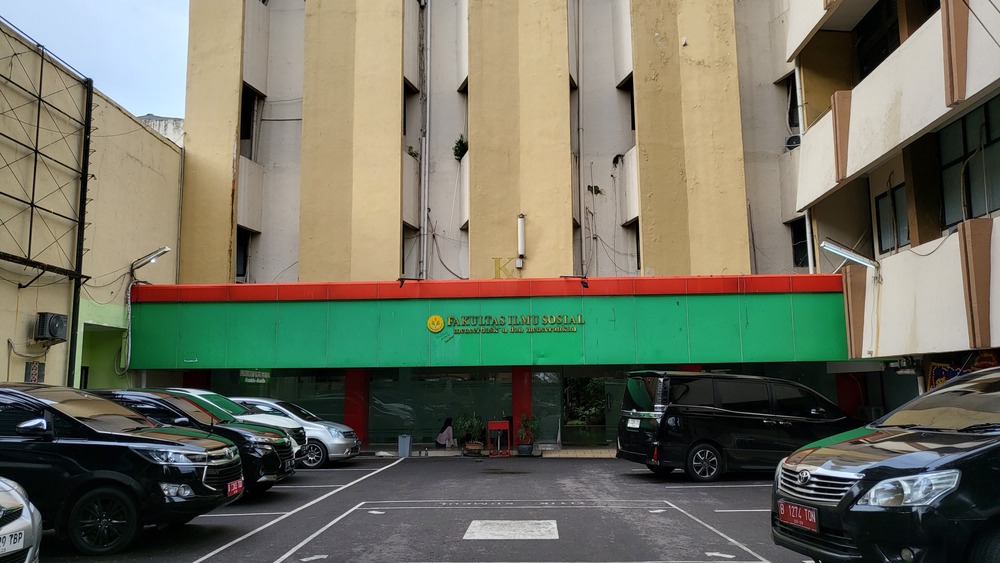
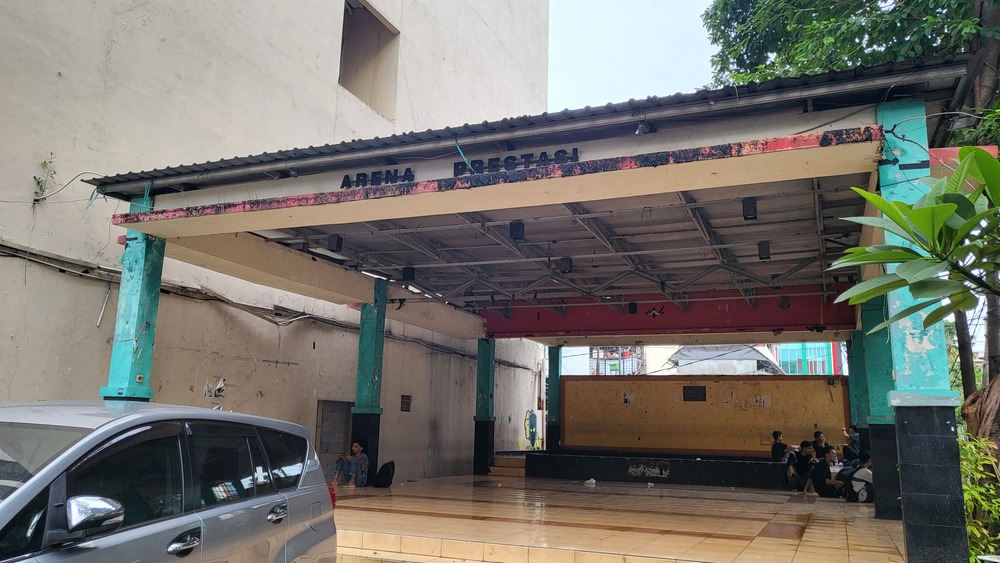
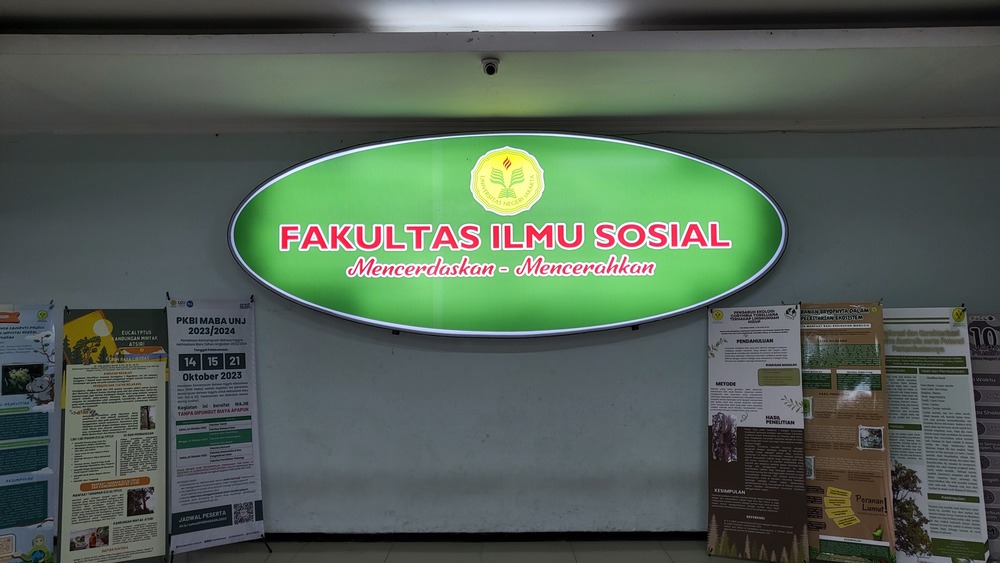
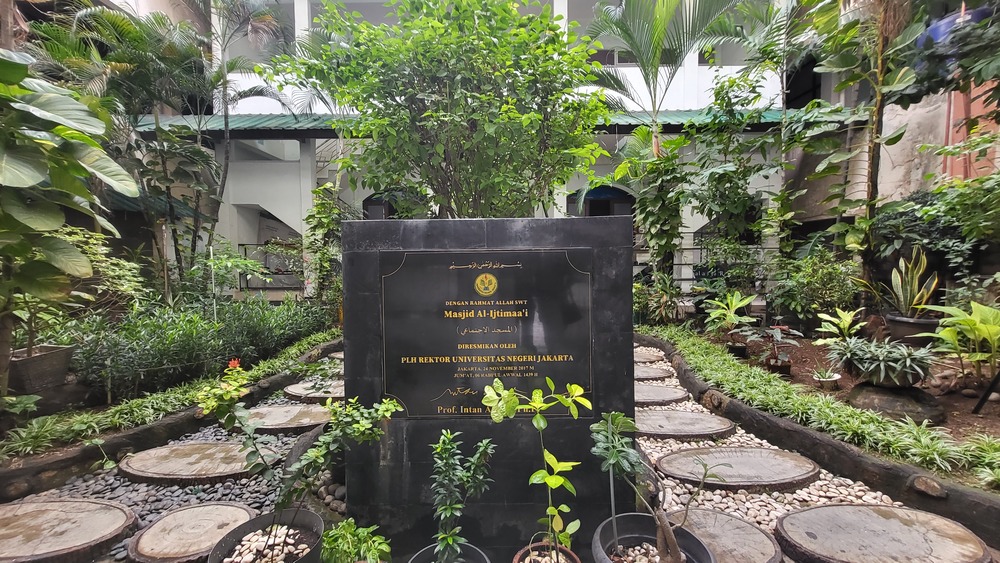
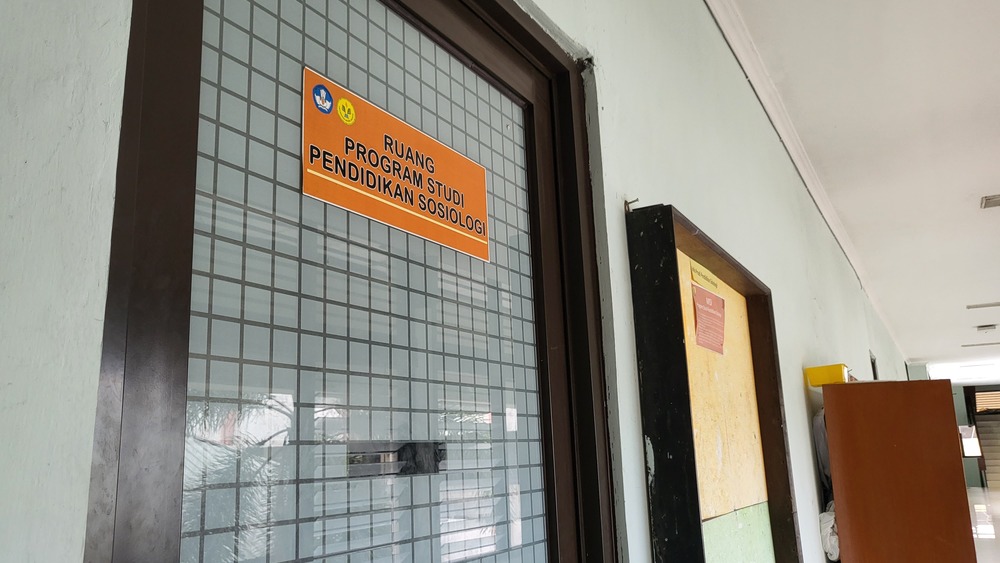
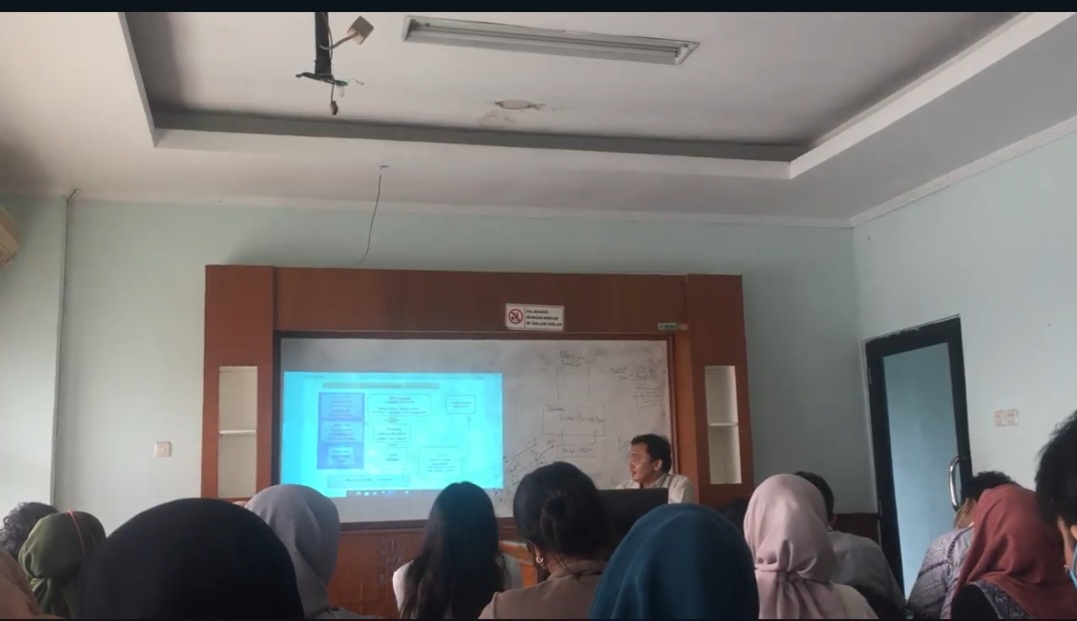
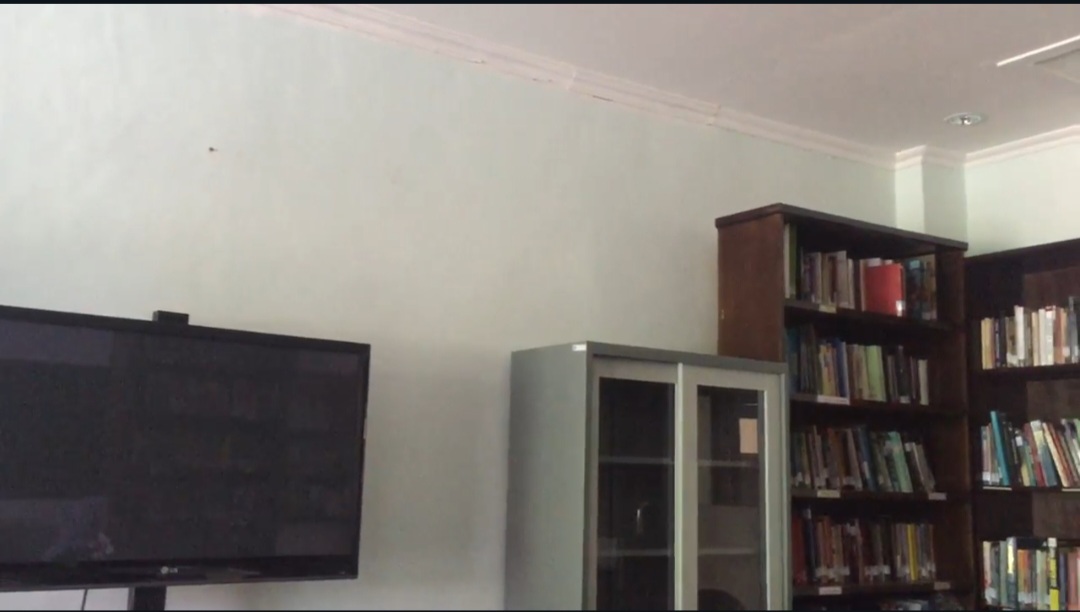
Building K, Faculty of Social Science
The Faculty of Social Sciences is one of the eight faculties at UNJ. This faculty is located in building K within the campus A complex at UNJ. In total, there are 13 study programs within the cluster of the Faculty of Social Sciences
Arena Prestasi
Arena Prestasi is a stage for students of the Faculty of Social Sciences commonly used for various events, both academic and celebratory. Arena Prestasi is also serves as one of the icons of the Faculty of Social Sciences.
Lobby Faculty of Social Science
This is the main gateway that welcomes students, staff, and guests with grandeur and representation of academic values. There are signs of the faculty's identity, university logo, and information boards providing guidance and important information to visitors.
Al-Ijtimaa'i Mosque
In addition to academic facilities, the Faculty of Social Sciences also provides a mosque for students to perform prayers. This mosque is known for its green and peaceful environment
Program Study Room
This facility provides an information center for students related to class schedules, registration procedures, and other administrative information. This area is designed to support efficiency and information accessibility.
Classroom
Designed specifically for sociology classes, the classroom provides an ideal environment for immersive learning, featuring modern amenities to enhance the overall educational experience for students studying sociology.
Sociology Education Laboratory
The Sociology Education Laboratory, outfitted with advanced research tools, provides students with a hands-on environment to explore sociological concepts through practical experiments and simulations

